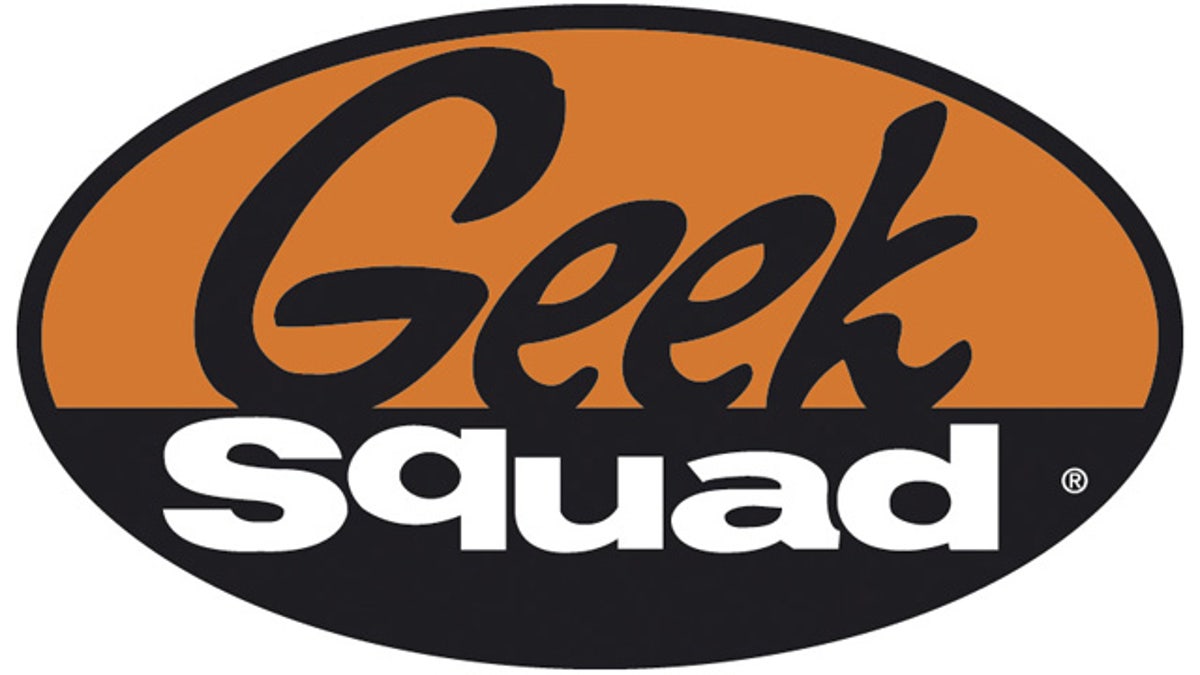
(The Geek Squad)
You've got tech questions, we've found the answers.
We've asked the tech experts at the Geek Squad to help you make the most of your technology, answering your thorniest tech questions. So if you're wondering what to buy, how to plug it in, or how to fix it, the Geek Squad can help.
This week, Geek Squad Agent Krysten Beal answers YOUR questions.
Why does my wireless router connect with some devices, but not with others? All the devices connect flawlessly to other routers. -- Daniel Menist
It could be that your wireless router is not the correct band for your new devices. Depending on the band, whether B, G, or N, some devices may not be compatible with the router itself. You'll want to get an N router to make sure that you are at maximum compatibility for your devices.
Also, lower-end and older routers have a limited number of simultaneous connections available, which could be preventing you from connecting, depending on how many devices you are running wirelessly at once.
My computer takes 15 minutes to shut down. It starts up ok and runs ok. I have plenty of ram (8gb) and an external drive for my extensive music software. I run Kaspersky antivirus. OS is Windows 7. I can't seem to find any help online with this. Any thoughts? -- Michael Diemer
Take a look at how many items are running during your startup process. These programs, while they run in the background of your computer, and your computer handles them well with the 8GB of RAM. Each takes time to shut down when you power off your computer. Try disabling unnecessary startup items to decrease the time of your shutdown and even your boot up process.
If everything is disabled, you may have a virus running in the background that got through Kaspersky's defenses. This does happen occasionally, because anti-virus software works more like a flu shot than a vaccine. It doesn't necessarily prevent you from getting infected; it just greatly reduces the chance of it.
I have 500Gb hard drive, that I want to replace with a 1 terabyte drive without having to reload the OS or programs. What would you recommend on how to do this do it will boot and operate normally? -- Kim Anthony
You can attempt to clone your old hard drive to your new one using a hard drive cloning program. This will copy over your programs, data and Operating System to the new drive without having to reinstall all of your software and OS.
To do this you will install the software onto your current hard drive and then plug in the new hard drive using either a cloning cable or by putting it into an external drive enclosure. Then, run the software following the steps and if successful, the data will be copied and your new hard drive will be ready to go when you install it.
I'm going to sell an older laptop. How can I make sure all my old data is wiped from the hard drive without destroying the operating system? -- Clifford Korupp
The best way to make sure that your computer is safe and clean for resale is to run a full system recovery using the operating system discs that you either received in the packaging at the time of purchase or created yourself after purchase. If you do not have the discs, you may be able to reformat from a recovery partition on your local hard drive. If neither of those options is viable, you can contact the manufacturer to acquire the discs.
To run the recovery from a partition, you will need to access the advanced boot menu on your computer when you power it up, typically by pressing F8 repeatedly as you power on the unit. This will bring you to a screen on which you can select a "repair your computer" option, and from that selection you can run a full system recovery.
To run your recovery from the discs, you will want to turn on your computer, then restart it. During the post screen (the screen that shows the brand of your computer or motherboard) you will see a "Boot Menu" with the appropriate key to press to access this listed next to it. Repeatedly press the designated key then select your CD/DVD drive when the list shows up. After this, follow the steps given to recover your computer!
Got a question? E-mail us at AsktheGeeks@foxnews.com and we'll relay it to the Geek Squad. Next week, the Squad will answer the most interesting or most frequently asked questions.








































